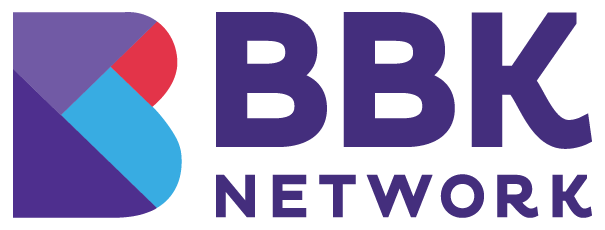In our constantly developing and changing world, many industries bustle with opportunities, and paradigm-shifting changes can happen in the blink of an eye. In fact, 85% of the jobs that will exist in 2030 have not even been invented yet.
That being said, future leaders hoping to remain relevant through these changes should start building their portfolio of essential soft skills that will support them in achieving this necessary growth. Without further ado, this article presents the top three skills that kids need for the future.
Communication
Communication is the main method that people use to interact, and it is equally as important in the workplace as it is in our personal lives. Healthy communication among individuals boosts work quality, workplace morale, and overall productivity. In a survey encompassing 400 corporations, it was found that communication barriers cost organizations $62.4 million on average in overall lost productivity.
The five key types of communication skills are verbal, non-verbal, visual, written and listening. It can be more difficult for some children than others to develop these skills, particularly as our reliance on technology increases. However, there are many ways to build efficient communication skills. Teaching kids empathy and active listening are amongst the key techniques employed in various educational settings that assist in the effectiveness of children’s communication skills.
Critical Thinking
Critical thinking is about going deeper than what’s on the surface, asking questions and not simply accepting the first answer that is presented. When presented with a problem, or even a solution, successful critical thinkers ask themselves questions like: How do we know this? Is this really true? Why does this happen?
To encourage the development of critical thinking skills in youth, we should ask “why” and “how” more often to promote more complex conversations and deeper thought processes. Urging kids to go beyond simple factual answers will give them the incentive and tools needed to tackle and enable them to grow intellectually. Providing opportunities to think about different perspectives than their own is another beneficial way to support the development of critical thinking skills.
Resilience
Resilience is the ability to bounce back from hardships and to avoid being defeated by challenges. We all face difficulties and experience failures of various types throughout our lives, and the key to success lies in one’s ability to get back up and try again. Sir James Dyson experienced 5,126 vacuum prototypes failures over a span of fifteen years before he finally created the vacuum that led to Dyson’s current success.
Many successful individuals attribute the critical attribute that led to their success was their ability to come back after they experience failure; accepting it, learning from it, and continuing on with their journey. Steve Jobs once said, “Getting fired from Apple was the best thing that could have ever happened to me,” and after that experience, he was able to get creative again.
Although an element of resilience comes from external factors that the individual cannot control, such as socio-economic status or biology, there are still many ways that we can build up resilience, specifically in children. One of the best ways to build resilience is to form healthy coping strategies in times of struggle. This is done through strengthening personal connections, fostering a positive outlook on life, and practicing effective communication and emotional control.
As the world continues to change and the future becomes a reality, these three skills – communication, critical thinking, and resilience – are among the skills that will remain relevant for a lifetime. It is important to start early in developing these skills in children, though it is never too late to identify areas of personal improvement and start working on skills that will lead to future success.
Author: Asli Sozen




